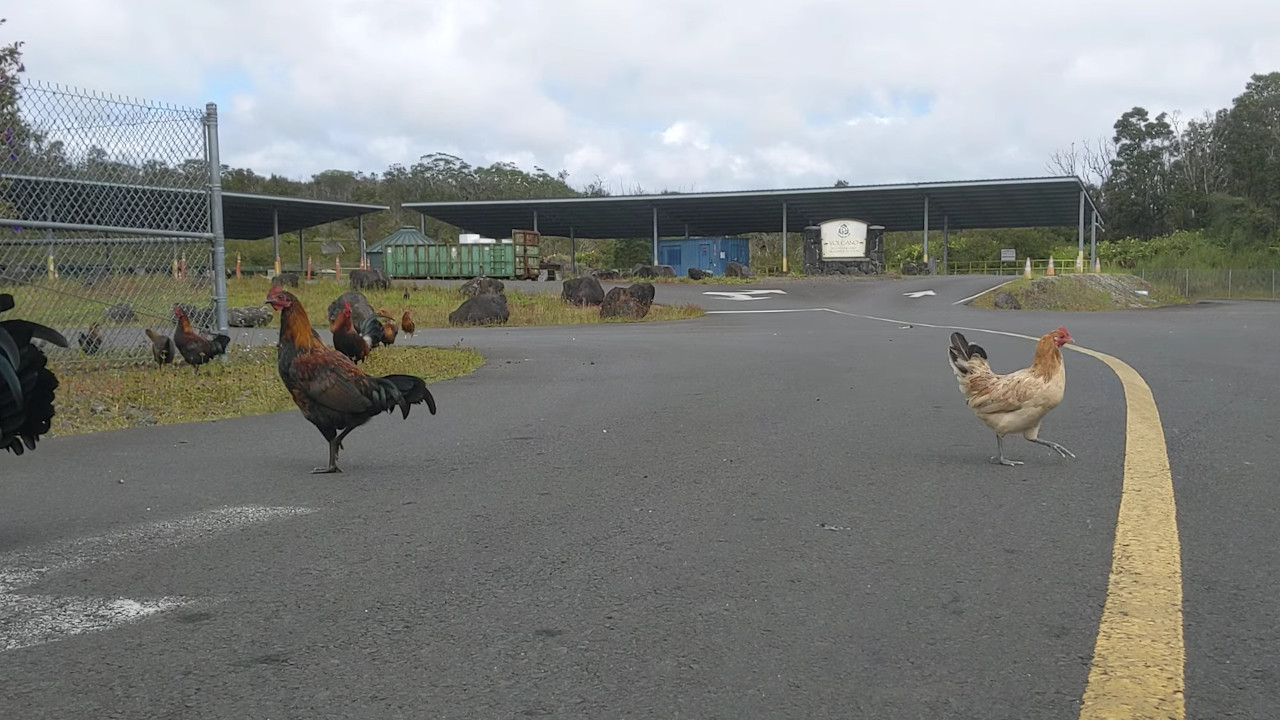(BIVN) – A multiagency effort is underway to monitor birds during the migratory season in Hawaiʻi, in order to prevent spread of the avian influenza where possible.
The Hawai‘i Department of Agriculture and Biosecurity (DAB) Animal Industry Division (AID) recently issued a news release urging commercial poultry operations and backyard bird owners to increase biosecurity measures to protect their flocks from avian influenza. The alert follows the discovery of a presumptive case of avian influenza in a duck earlier this week on O‘ahu.
The Centers for Disease Control and Prevention and the Hawai‘i Department of Health consider the human health risk from HPAI as “low” at this time. “However, those with close or prolonged exposure to infected birds and other infected animals or environments have a greater risk of infection and should take protective measures,” the AID said.
From the news release:
Wild birds that carry avian influenza include waterbirds, like ducks, geese, swans and shorebirds. Bird flu viruses can easily spread from wild birds to poultry. Some wild birds can carry bird flu viruses without appearing sick, but poultry, like chickens and turkeys, can get very sick and die from some bird flu viruses. Backyard poultry, ducks and other birds can get avian influenza if they have contact with infected wild birds or share food, sources of water and environments with them. Therefore, it is highly recommended to keep wild birds away from domestic birds. There is no approved treatment for HPAI in poultry. The only way to stop the disease among poultry operations is to depopulate all affected and exposed birds.
Some of the symptoms of avian influenza in poultry and birds include:
- Sudden death without any prior symptoms of illness
- Lack of energy and appetite
- A drop in egg production or soft-shelled, misshapen eggs
- Swelling of the eyelids, comb, wattles and shanks
- Purple discoloration of the wattles, comb and legs
- Gasping for air (difficulty breathing)
- Nasal discharge, coughing, sneezing
- Twisting of the head and neck (torticollis)
- Stumbling or falling down
- Diarrhea
To report multiple or unusual illnesses in poultry, livestock or other wild birds or animals, contact the DAB AID at 808-483-7100, Monday to Friday from 7:45 a.m. to 4:30 p.m., or email: dabic@hawaii.gov. “Please provide as much detail on the number of sick or dead birds, the species of birds and the exact location,” the AID said. “Not all dead birds will be tested, depending on the situation.”


by Big Island Video News7:23 am
on at
STORY SUMMARY
HONOLULU - State agencies are urging commercial poultry operations and backyard bird owners to increase biosecurity measures to protect their flocks from avian influenza.